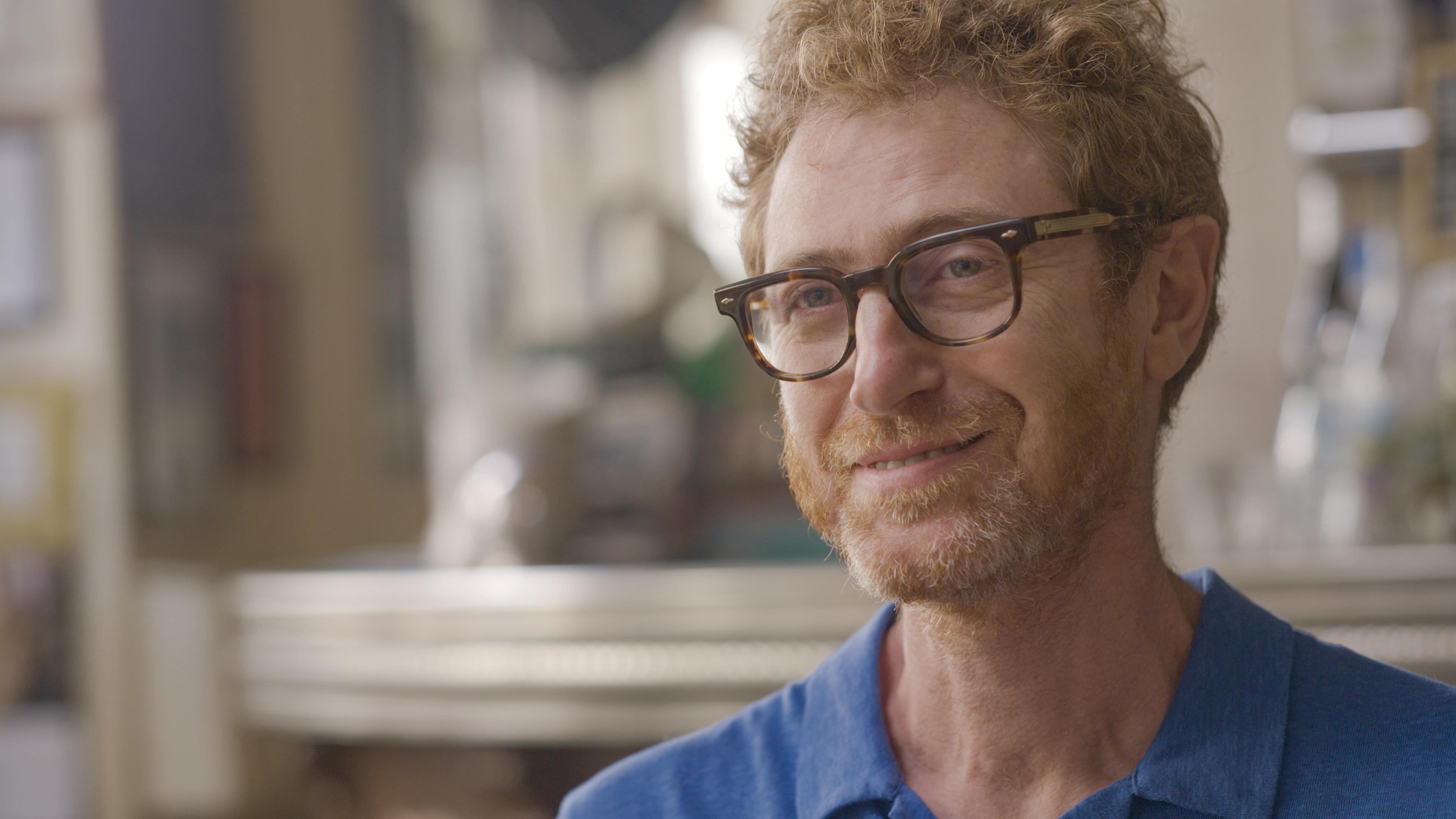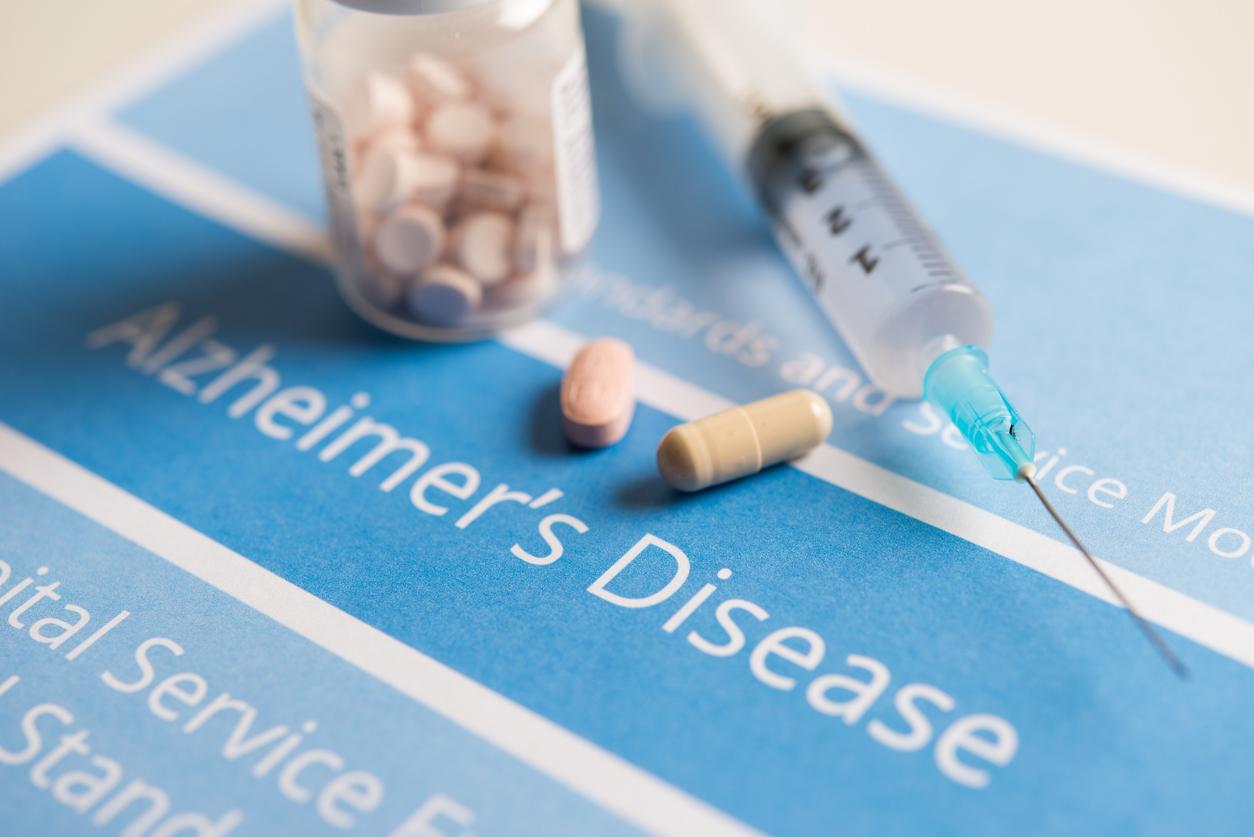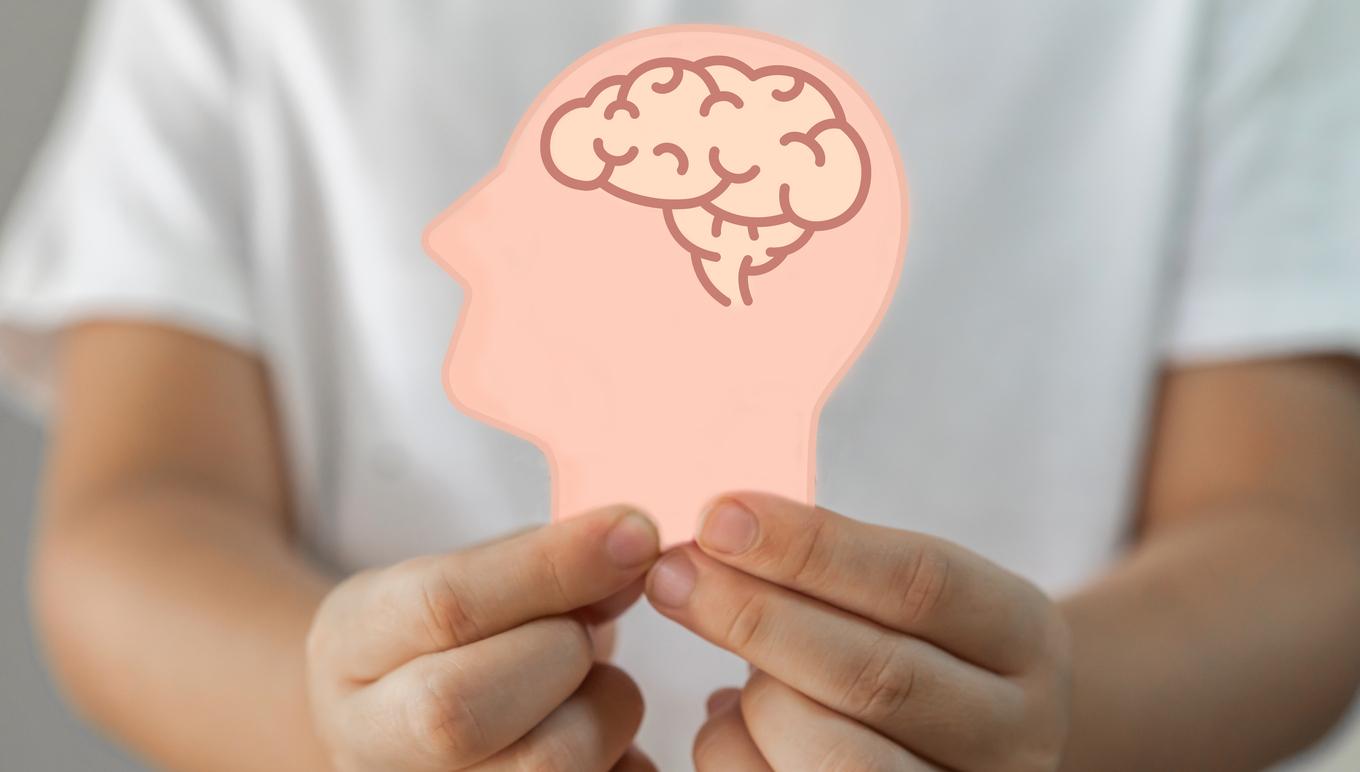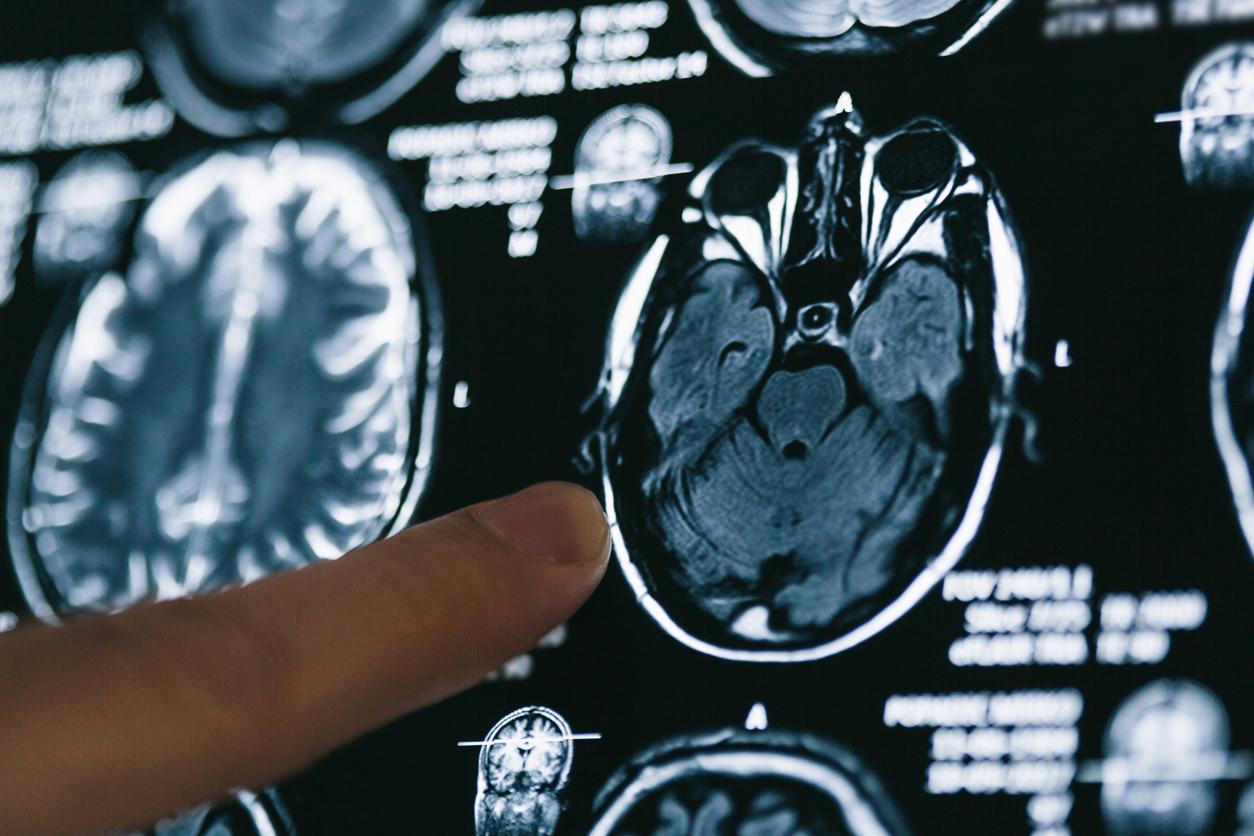Thibaud, now 56 years old, tells us about the first symptoms he perceived linked to his Alzheimer’s disease and his journey since the diagnosis.

- Thibaud was diagnosed with Alzheimer’s disease through a lumbar puncture.
- At the time he was burnt out, he explains: “I was relieved to know that my difficulties at work were not my fault, since I was simply ill.”
- Today he is much better and wants to believe in it: “I am convinced that a treatment will eventually see the light of day.”
Around 900,000 people are affected by Alzheimer’s disease in France, with 225,000 new patients diagnosed each year, like Thibaud who was diagnosed in 2020.
The man, who was 52 at the time, went through a very difficult psychological phase before receiving this diagnosis.
Cognitive decline: difficulty reading and writing
“I was watching a series on Netflix and at one point I asked my wife to pause the series because I couldn’t remember what had just happened. It was the first time I had a memory lapse.“, remembers Thibaud. But the first symptoms that appeared before this memory lapse were difficulties reading and writing. And it was after a burnout that he decided to consult and have tests done. It was a lumbar puncture that made it possible to establish a formal diagnosis of Alzheimer’s disease.
His mother and grandfather having also suffered from this neurodegenerative disease, Thibaud already knew what awaited him next.“I was relieved to know that my difficulties at work were not my fault, since I was simply ill,” he explains. “Above all, I learned to take my time, to stop when fatigue sets in.”
A change of life then naturally took place for the fifty-year-old who now organizes his daily life using tools like magnets. Thibaud has also opted for a healthier lifestyle, and on the advice of his psychiatrist, he keeps himself busy with stimulating activities like painting, walking or visiting museums.
Alzheimer’s disease: “I am convinced that a treatment will eventually see the light of day”
Thanks to his daily efforts and the support of those around him, Thibaud feels much better today. He spends part of his morning reading the press to stay abreast of the latest developments in studies conducted in France and abroad.I’m getting informed. I’ve never been in denial, I want to know. I’m convinced that a treatment will eventually see the light of day. I believe in it. Afterwards, it’s always the same… In how much time? But lately, things are moving forward. And I want to believe in it!”
A point of view shared by Professor David Wallon, neurologist and Director of the Memory Resources and Research Center, Rouen University Hospital, mobilized alongside the Foundation for Medical Research : “I think we have to remain optimistic because we know the disease much better now than we did 25 years ago, for example. We have analyzed a lot of things. Research has made enormous progress. We have truly identified certain mechanisms that we did not know before. There is a lot of hope and we are truly on a path of action on the cause and more action on the symptoms.”
Thanks to the Fondation pour la Recherche Médicale for sharing Thibaud’s testimony with us. Serving research and health for over 75 years, the Fondation pour la Recherche Médicale is the main charitable funder of French biomedical research as a whole. With 181 research projects funded since 2018 on neurodegenerative diseases, including 43 targeting Alzheimer’s disease alone (11.9 million euros invested), the Fondation pour la Recherche Médicale is now one of the leading charitable funders of biomedical research on this disease.



















